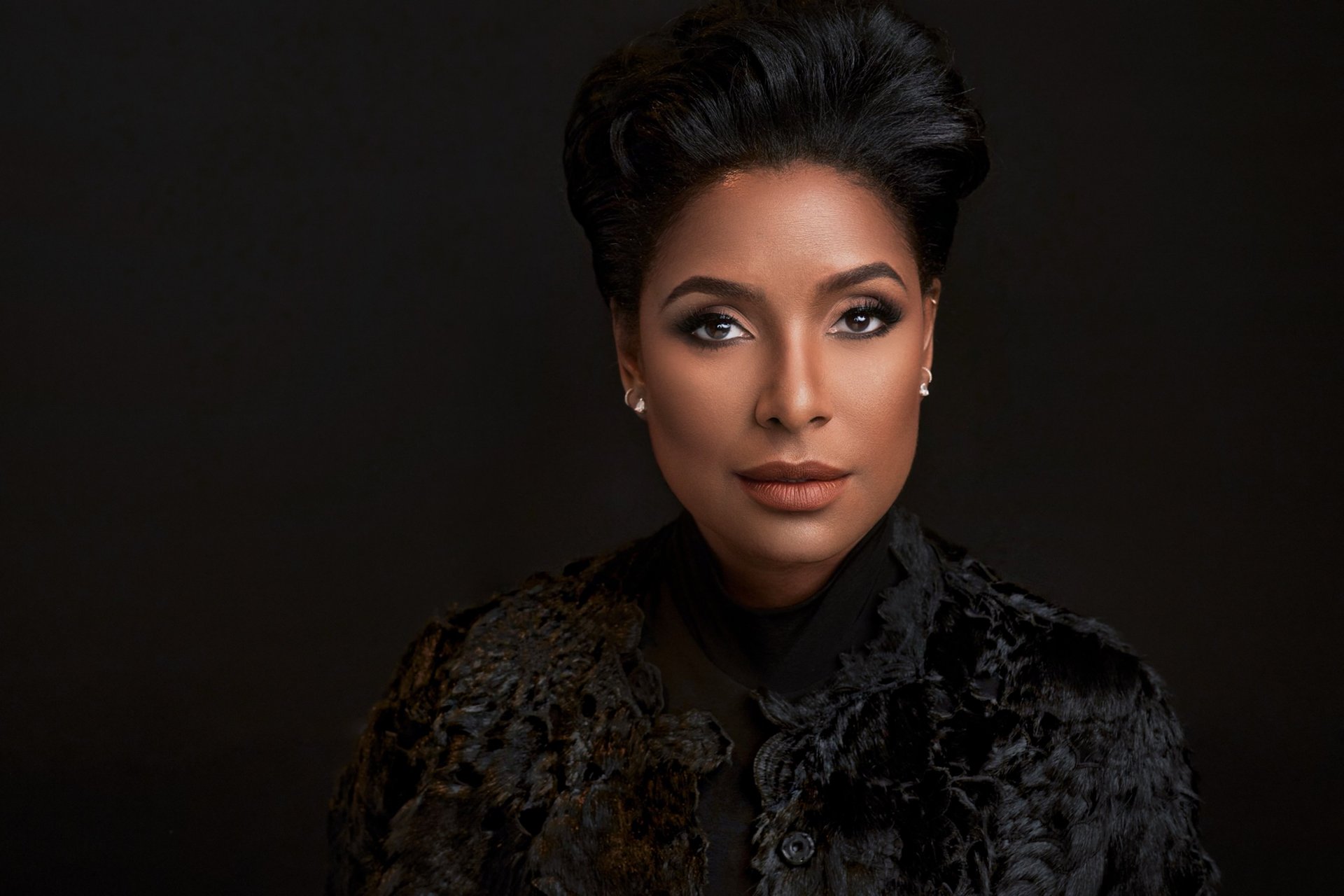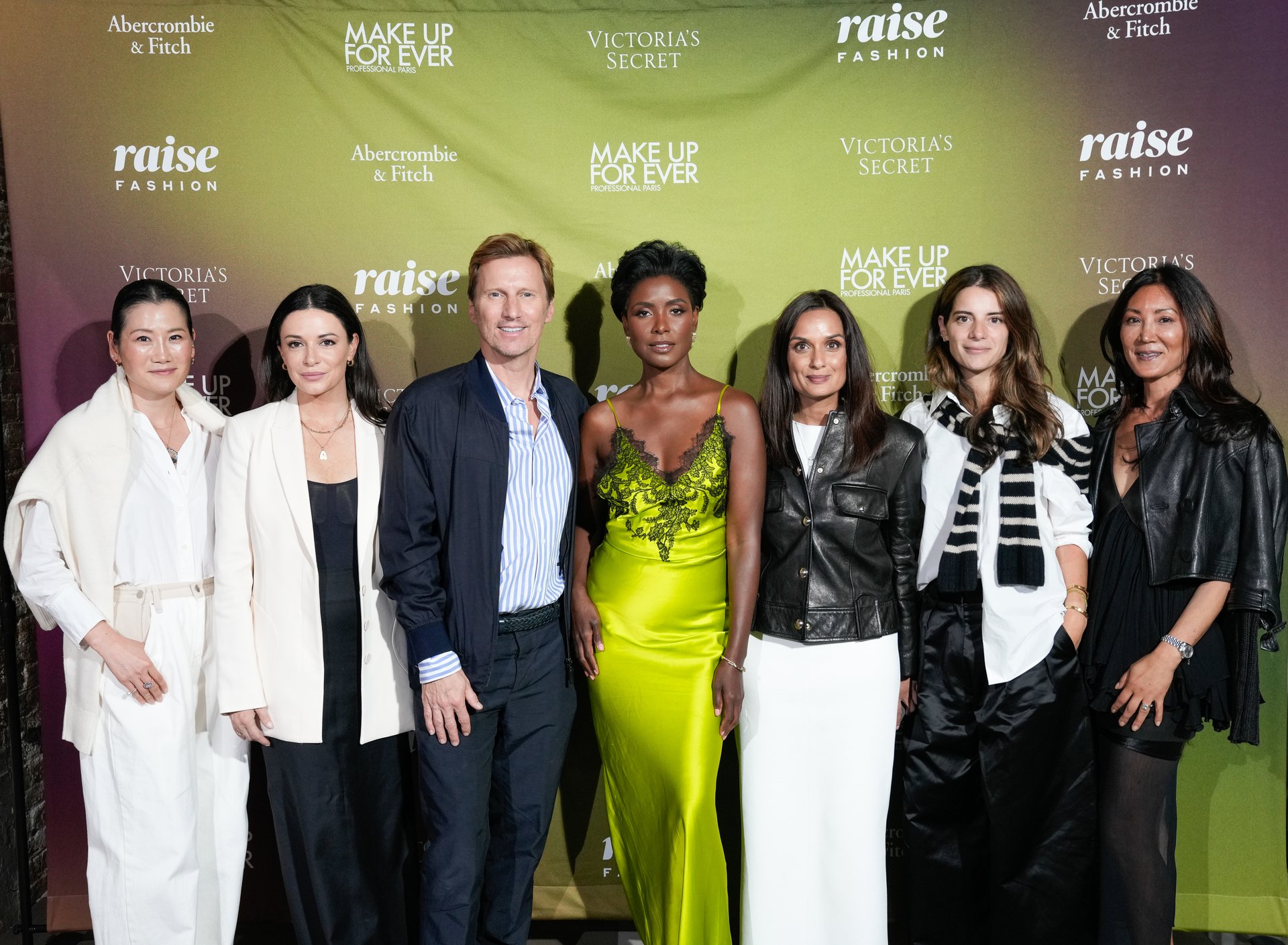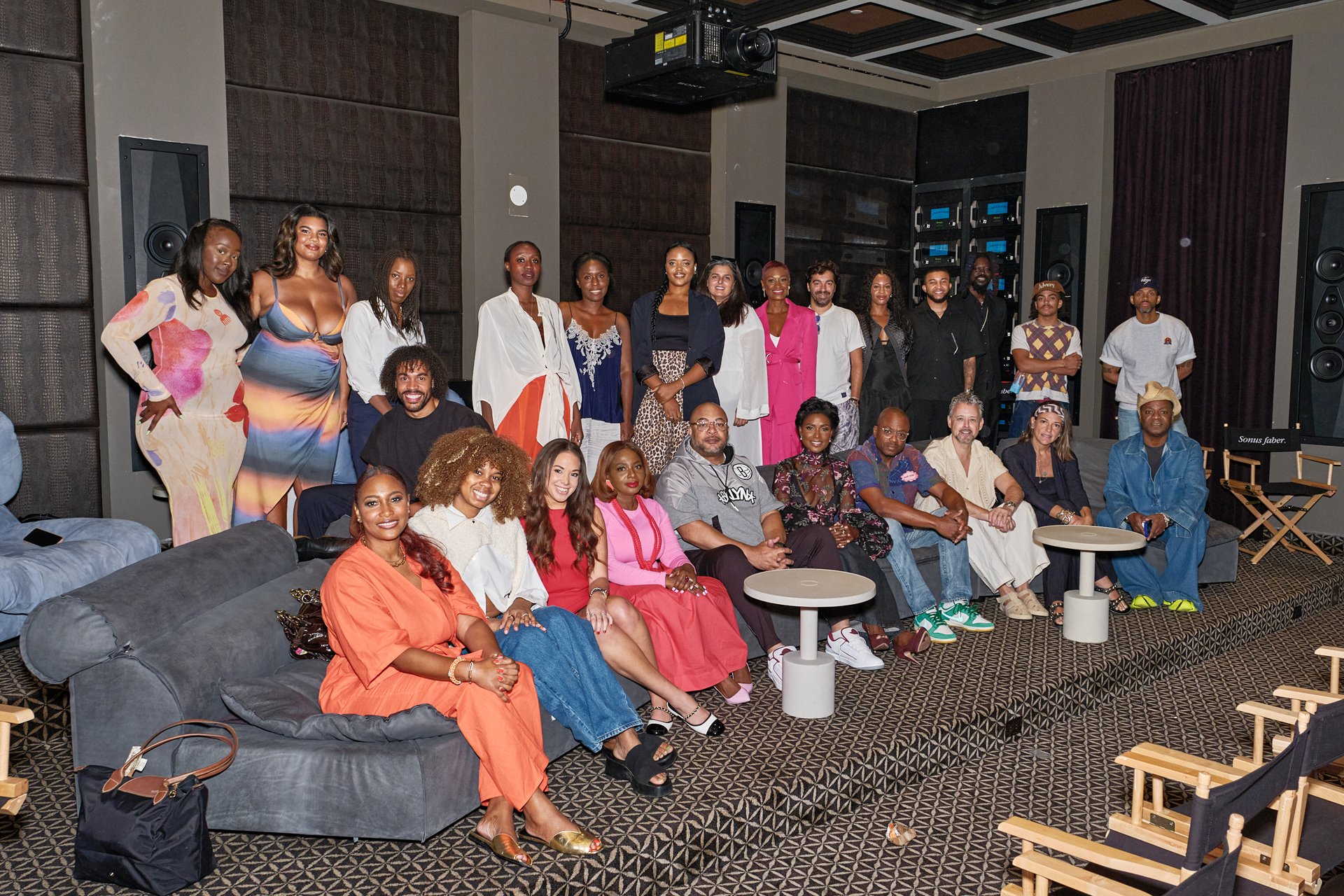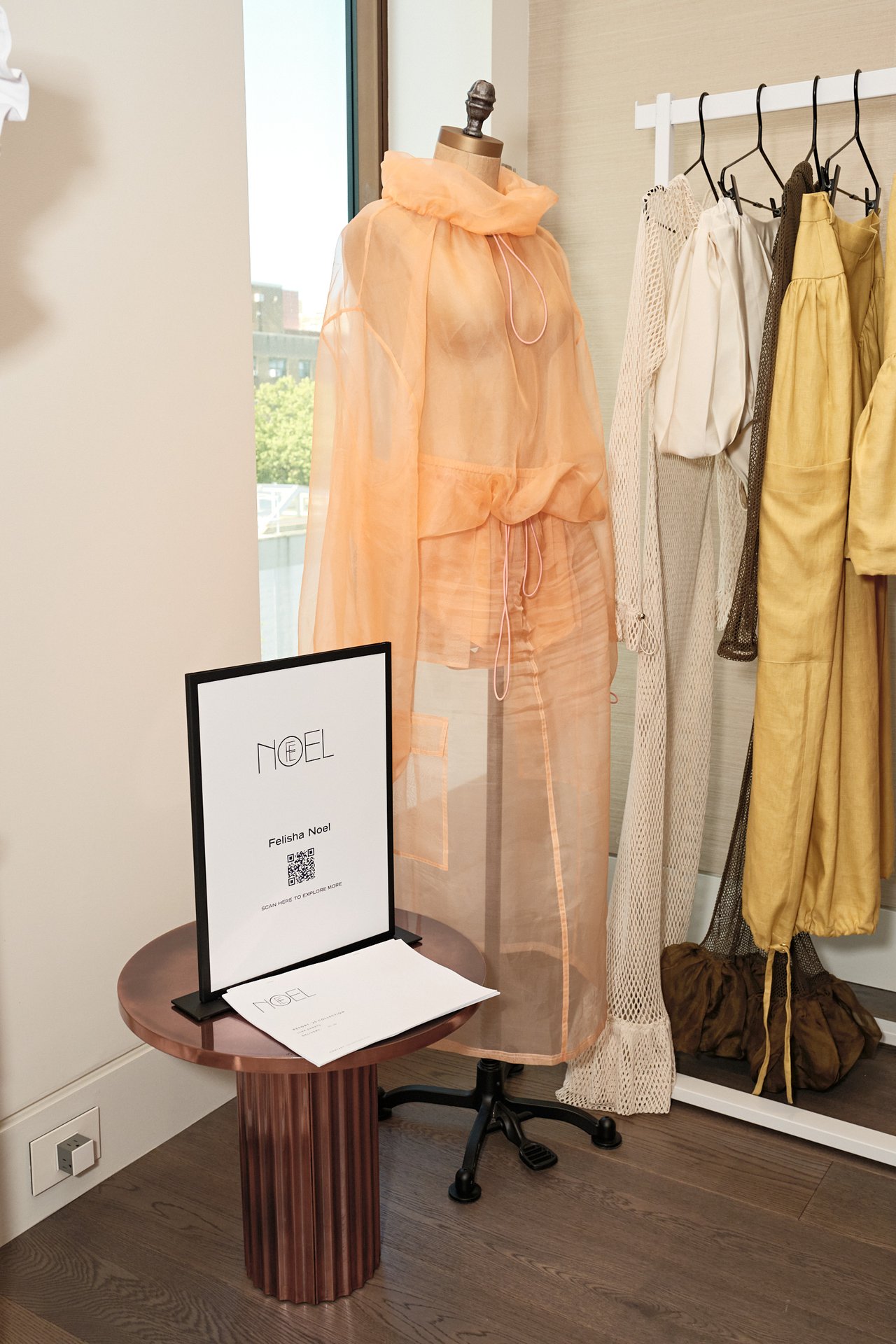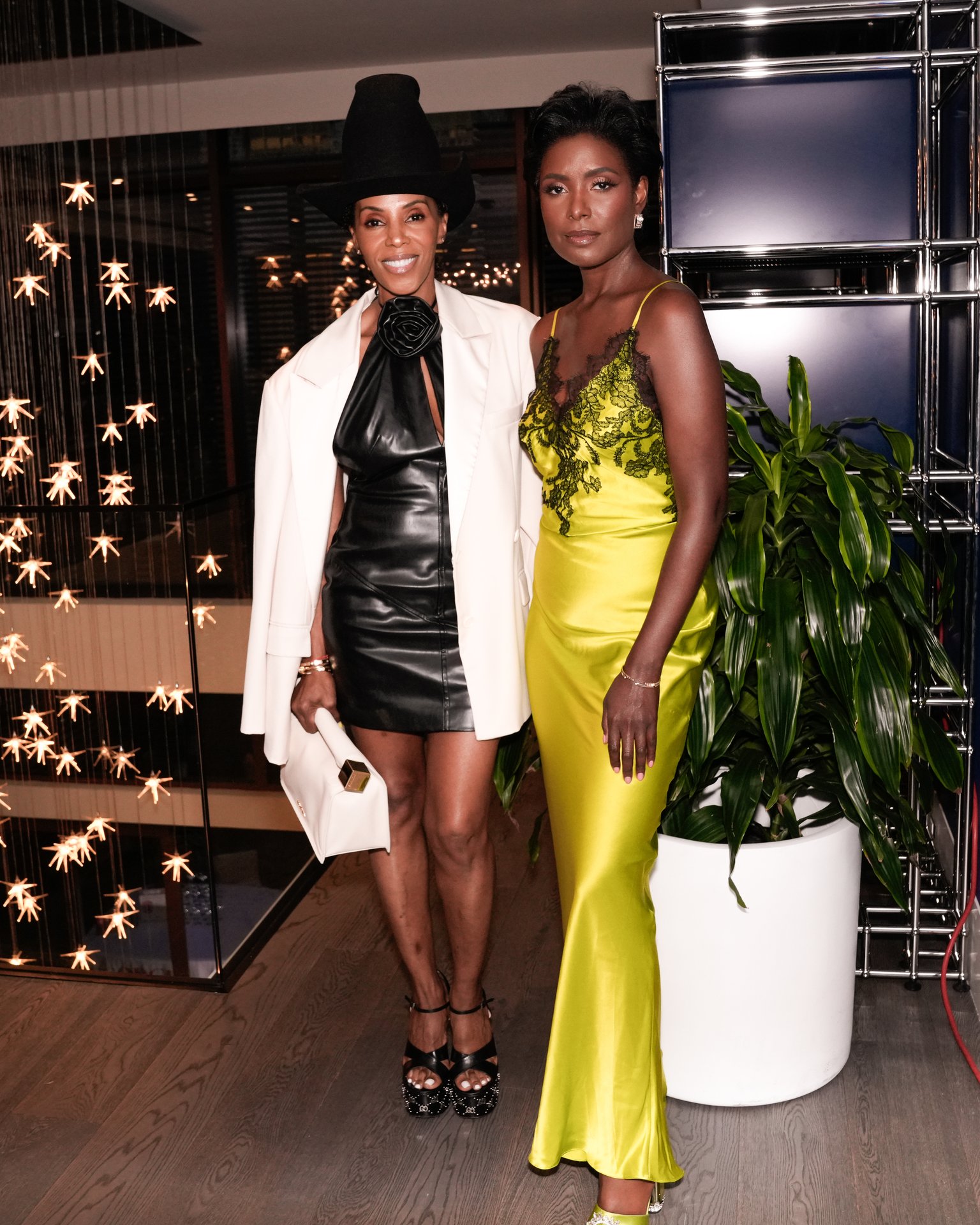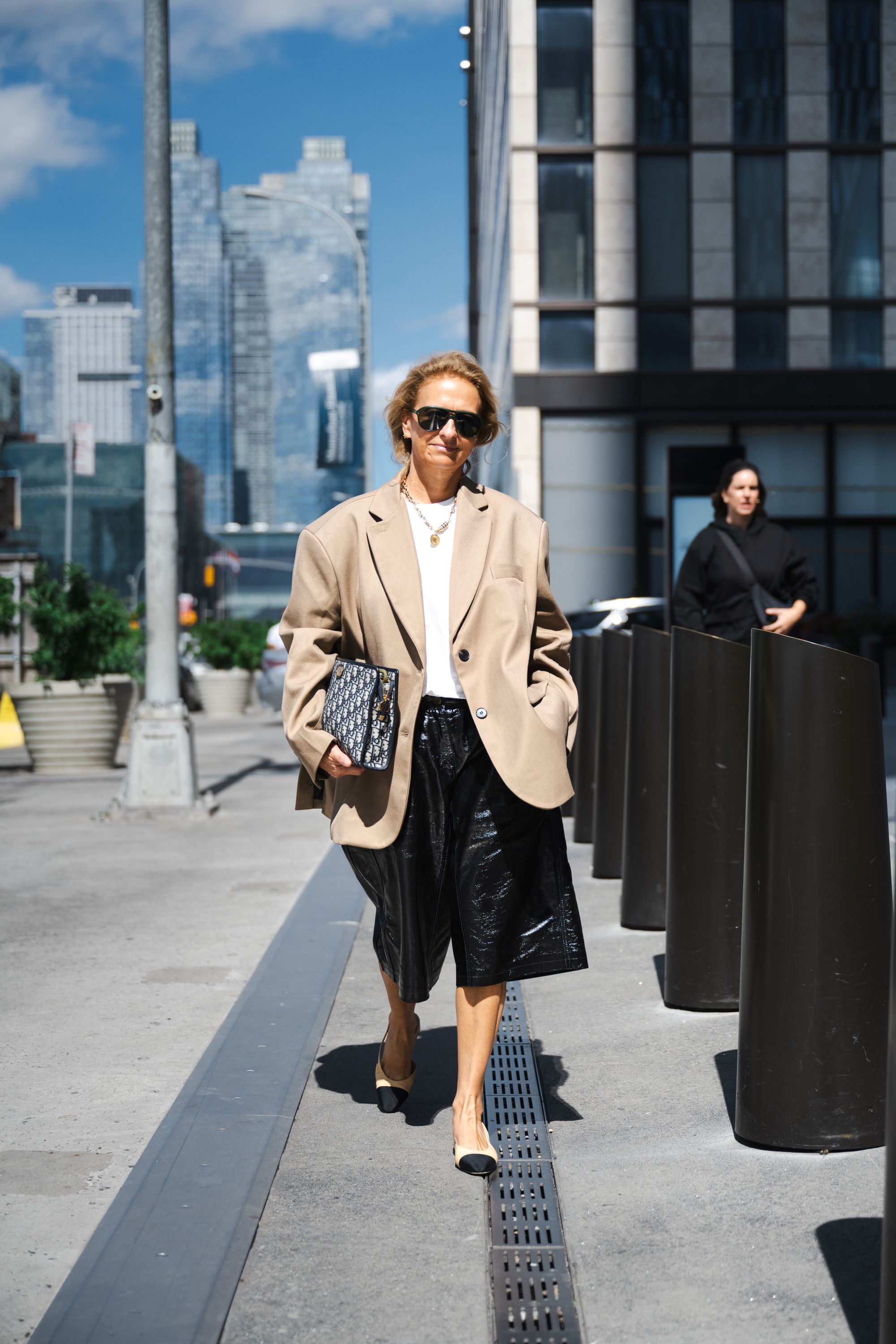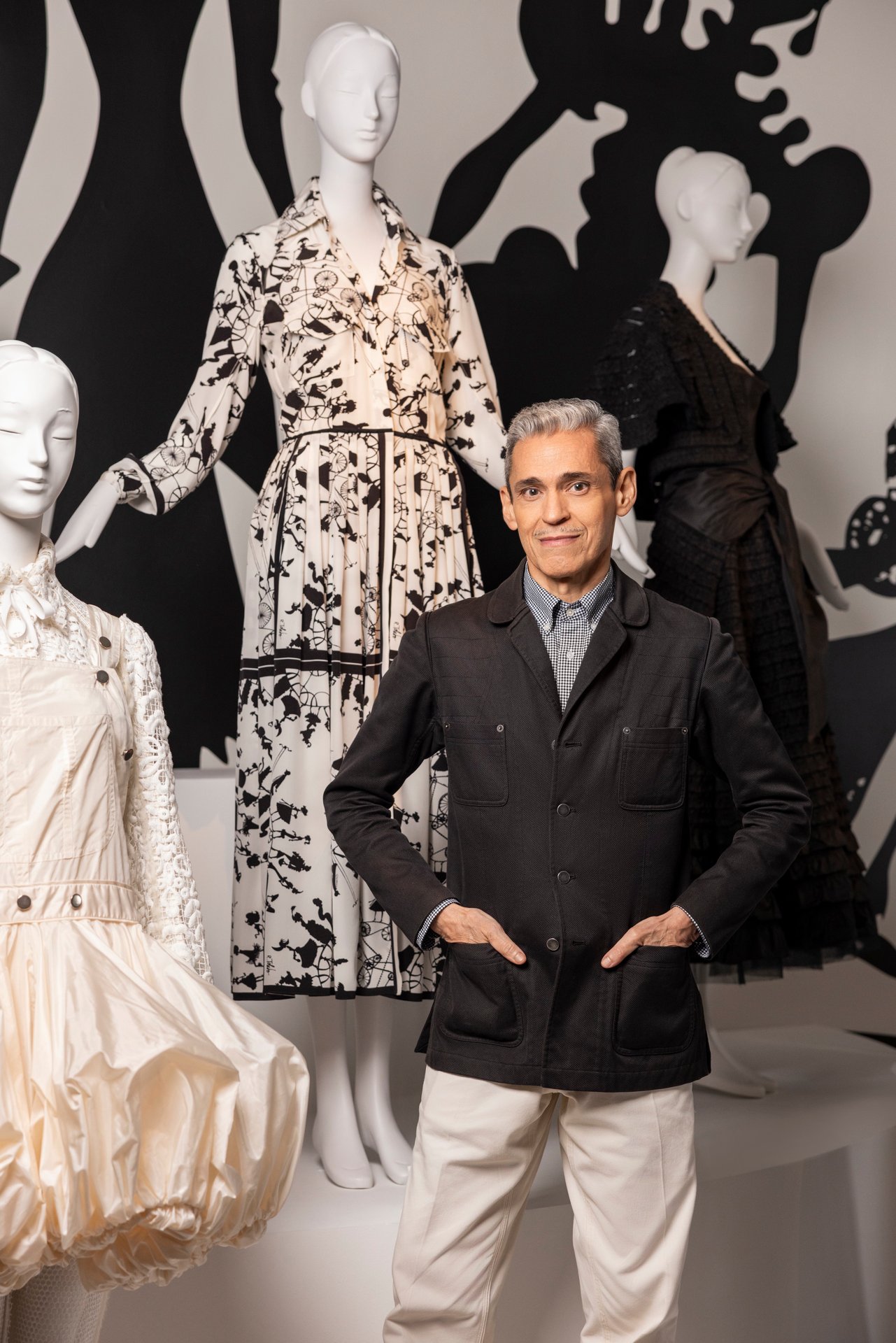Reflecting on your journey from roles at Neiman Marcus and Nordstrom to executive positions with LVMH, how did those early experiences influence your approach to leadership and innovation at RAISEfashion?
Transitioning from corporate roles to leading RAISEfashion has been both a significant challenge and an enriching experience. My background in corporate environments, such as Neiman Marcus, Nordstrom, and LVMH, provided a solid foundation in business operations and strategic planning. However, leading RAISEfashion demands a shift from a career-focused approach to one driven by mission and impact.
At RAISEfashion, we focus on creating meaningful opportunities for underrepresented talent, including internships for HBCU students. This requires us to adopt a holistic approach, moving beyond traditional corporate practices. Our programs must address the unique needs of the communities we serve, and our partners are expected to have a firm commitment to diversity, equity, and inclusion.
As executive director of RAISEfashion, what are the key areas of the organization that you oversee, and how do you balance these responsibilities?
I manage day-to-day operations, with a primary focus on fundraising and programming. This involves extensive engagement with our partners and donors to ensure we meet our goals. Balancing these responsibilities with my personal life as a single mother to a 16-year-old daughter requires strict boundaries and careful time management.
I adhere to business hours to maintain focus at RAISEfashion, yet I recognize that the needs of our designers often extend beyond conventional hours. We have 18 designers who have completed our masterclass, and they have direct access to me via cellphone for urgent matters. I strive to be available whenever possible, understanding the critical nature of their needs. My daughter is aware of the demands of my role and the empathy required to support our designers through their challenges. This balance ensures I can fully dedicate myself to both my professional and personal commitments.
Correct me if I’m wrong, but when I look at your resume and everything you accomplished, plus the things you are currently working on, you tend to always have a high-risk role which I know comes with challenges. Do you find comfort in being uncomfortable and knowing that every day will be a challenge and that when things go wrong the responsibility will fall in your lap?
That’s an insightful question. I must say, I’ve never felt more liberated or fulfilled. My transition from corporate roles to purpose-driven positions has been profoundly rewarding. I sleep well at night, confident in my clarity of purpose and deliverables. My focus is not on personal comfort but on serving the community, engaging with stakeholders, and fostering inclusivity within the industry. This shift from corporate metrics to broader impact is both invigorating and gratifying. While high-risk roles come with their challenges, the mission-driven nature of my work provides a sense of purpose that outweighs the stress of responsibility.
